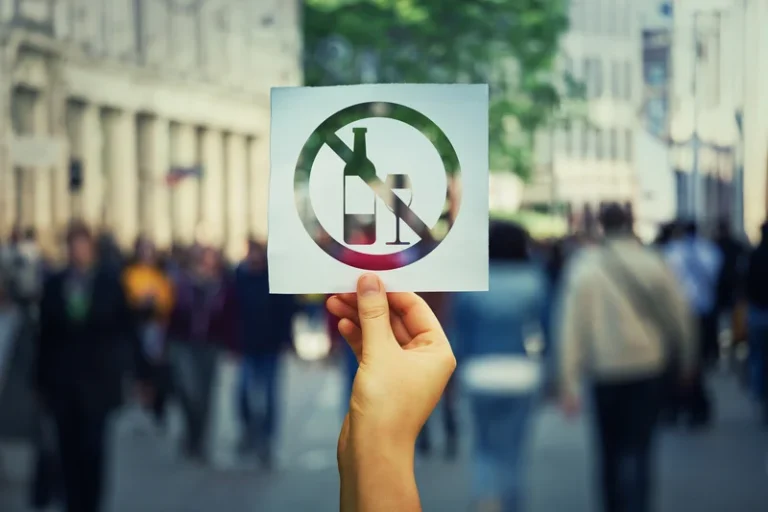
Under conditions of folic acid deficiency, precursor cells cannot divide properly and large immature and nonfunctional cells (i.e., megaloblasts) accumulate in the bone marrow as well as in the bloodstream. This impaired hematopoiesis affects mainly RBC’s, but also WBC’s and platelets. The resulting deficiency in RBC’s, WBC’s, and platelets (i.e., pancytopenia) has numerous adverse consequences for the patient, including weakness and pallor from anemia, infections resulting from reduced neutrophil numbers, and bleeding as a result of the lack of platelets.
Similar articles

Instead, it is converted into a storage form called ferritin, which can accumulate in RBC precursors, often forming granules that encircle the cell’s nucleus. These ferritin-containing cells, which are called ringed sideroblasts, cannot mature further into functional RBC’s. As a result, the number of RBC’s in the blood declines and patients develop anemia. Many patients also have some circulating RBC’s that contain ferritin granules called Pappenheimer bodies.
Addiction Treatment Programs
- Ethanol administration (4g/kg) in male rats increased IL-6 but decreased TNF-α expression in PVN, an effect that was blunted or reversed after long-term ethanol self-administration (Doremus-Fitzwater, Buck et al. 2014).
- This alcoholism subtype is characterized by an early age of onset of alcohol-related problems, frequent social and legal consequences of drinking, and a strong genetic predisposition.
- “The only remedy for an immune system damaged from drinking alcohol is to stop drinking. If you are not able to drink in moderation, you should avoid alcohol,” Dasgupta says.
- (B) Stomatocytes have a defect in their membranes that causes them to assume a mouth-, or stoma-, like shape when viewed under a microscope.
- The observed neutropenia may be related to impaired neutrophil development in the bone marrow.
- The body doesn’t have a way to store alcohol like it does with carbohydrates and fats, so it has to immediately send it to the liver, where it’s metabolized.
Although most research has focused on the effects of heavy alcohol consumption on the immune system, several studies have also confirmed that even moderate consumption can have significant effects on the immune system. For example, one study found that women who consumed 330 mL of beer for 30 days exhibited a significant increase in leukocytes, mature CD3+ T-cells, neutrophils, and basophils. In contrast, men who consumed a similarly moderate amount of beer for the same period exhibited a significant increase in basophils alone.
- Microglia express PRRs, produce cytokines, and modulate neuroinflammatory reactions in brain injury and neurodegenerative diseases (Block, Zecca et al. 2007).
- The key to avoiding interactions is keeping your healthcare provider informed about everything you’re taking, whether prescription medications, over-the-counter medications, or supplements.
- The exact mechanisms underlying alcohol-related thrombocytopenia remain unknown.
- For example, different types of leukemia are characterized by the accumulation in the bone marrow of WBC precursors at specific developmental stages.
- Ethanol is primarily metabolized in the stomach and liver by alcohol dehydrogenase (ADH) and cytochrome P450 2E1 (CYP2E1) (Zakhari 2006).
Health Conditions

The World Health Organization (WHO) and U.S. surgeon general have warned people to avoid drinking too much alcohol during the COVID-19 pandemic. For those who have a risk factor for COVID-19, like heart disease or diabetes, he recommends drinking even less. According to the Cleveland Clinic, once you take a sip of alcohol, your body prioritizes breaking down alcohol over several other bodily functions. The body doesn’t have a way to store alcohol like it does with carbohydrates and fats, so it has to immediately send what is alcoholism it to the liver, where it’s metabolized. When someone is exposed to a virus, the body mounts an immune response to attack and kill the foreign pathogen. But when you consider all the drug options we have, we really do very well for most of our patients.

Alcohol consumption and infection
Alcohol has been flying off the shelves as people try to combat boredom during lockdown, with some reports estimating that alcoholic beverage sales surged by 55 percent toward the end of March. The good news is that we have so many medications now, and the number of choices has multiplied. I help my patients find the best medication to does alcohol suppress immune system bring their disease under control and reduce their pain and other symptoms.
- But unhealthy factors, like stress, smoking, or drinking alcohol, can be taxing for your immune system and make it harder for it to fight off infection.
- This keeps your lungs from being properly filled with air and moving enough oxygen into the bloodstream.
- On the flip side, our bodies are amazing and are capable of making remarkable recoveries.
- Traditional DMARDs include methotrexate, sulfasalazine, hydroxychloroquine, leflunomide and azathioprine.

“Those at increased risk should cut down or abstain from alcohol because every little thing an individual can do to improve the health and reduce risk is worth it at this point, even if the evidence is not entirely clear,” Mroszczyk-McDonald said. “Alcohol intake can kill normal healthy gut bacteria, which help to promote health and reduce risk of infection,” Mroszczyk-McDonald said. In the lungs, for example, alcohol damages the immune cells and fine hairs that have the important job of clearing pathogens out of our airway. Your doctor will monitor liver tests with blood work and will counsel you on whether or not your medication can interact https://ecosoberhouse.com/ with alcohol.

